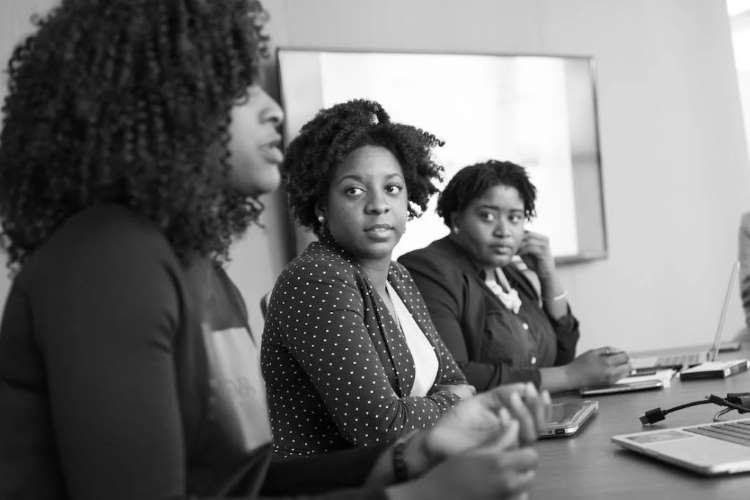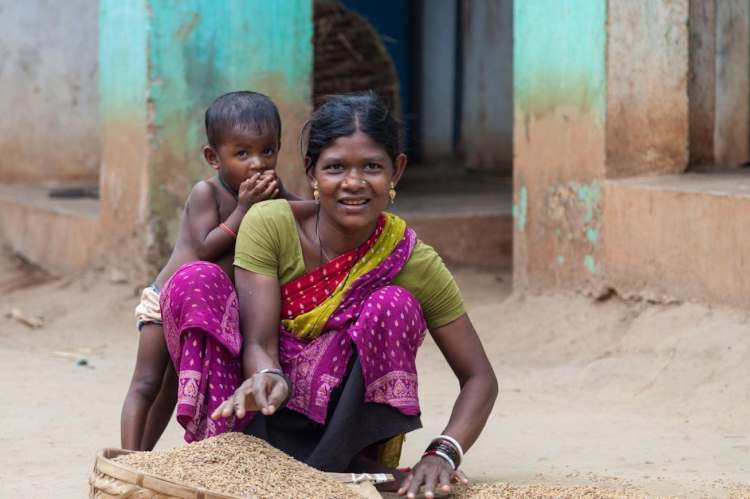
A transformative idea took root at the G20 summit — a vision guided by the strength and resilience of women. “When women prosper, the world prospers,” remarked Prime Minister Narendra Modi, emphasising that the economic empowerment of women fuels growth, and their access to education drives global progress. The genesis of this idea unfolded during India’s G20 presidency, where a spotlight illuminated the imperative of tackling gender inequality and empowering women as leaders and equals in the process of global development.
India pledged to foster women-led development, setting the stage for a narrative that would soon take an exhilarating turn. The suggestion to bring the African Union into the G20 added an interesting dimension, potentially strengthening the idea of women leading development.
READ I Indian economy: Robust growth haunted by investment ghosts
African union boosts G20 narrative
The introduction of the African perspective into the G20 narrative marked a significant development. Africa’s rich diversity and unique challenges offered fresh perspectives and experiences. The continent’s labour force participation rate, showcasing a steady climb to 62.6% by 2023, exemplified this. With the African Union joining the G20, there was an opportunity to harness the collective power of its female workforce.
In global parliamentary representation, African nations, particularly Rwanda with 61.3% female representation, stood prominently. This underscores their pivotal role in workforce engagement and women-led development. Rwanda’s achievement in parliamentary gender inclusivity solidifies its global standing as a trailblazer in promoting women’s leadership in political spheres.

Additionally, four other African countries have participation rates exceeding 40%: South Africa, Senegal, Namibia, and Mozambique. African women constitute 58% of the continent’s self-employed population, positioning Africa as a frontrunner in women’s entrepreneurship. The synergy between India’s vision and the African Union’s inclusion in the G20 set the stage for a brighter and more inclusive future.
India’s gender gap, ranked 127 out of 146 countries in this year’s Global Gender Gap Report, highlighted the need for women-led development. This challenge resonates globally. The G20 recognised the urgency of addressing this issue and its far-reaching consequences.
G20 Summit’s transformative idea
Recognising the transformative power of providing women with access to resources and opportunities, they become catalysts for positive change by investing in education, health, and communities. This creates a ripple effect that extends benefits to both society and the overall economy, leading to significant commitments within the G20. Prime Minister Modi underscored the crucial role of women in addressing climate change, stating that their close association with nature positions them as key contributors to innovative solutions in this global challenge as well.
In 2014, G20 leaders made a bold “25×25” pledge, vowing to reduce the gender gap in labour market participation by 25% before 2025. The pivotal moment arrived in 2015 with the launch of the W20, an official engagement group dedicated to advancing women’s economic empowerment within the G20 framework. Since then, the G20 embarked on a mission to increase female labour force participation, improve workplace conditions, and enhance earnings for women.
Fast forward to India’s G20 presidency, where the theme of women-led development took centre stage. This all-encompassing theme delved into critical aspects, such as investing in women’s education and skills, with a particular focus on STEM fields. It also aimed to promote women entrepreneurs and advocate for women’s leadership in decision-making roles at all levels of society.
Recognising the gender-specific impacts of issues like climate change, food security, and nutrition, India underscored the pivotal roles women play in addressing these critical areas. Furthermore, India took a committed step towards launching an online platform designed to mentor and build the capacity of women in G20 countries. This initiative placed a specific focus on women engaged in micro, small, and medium-sized enterprises (MSMEs) and grassroots leadership.
As it further developed, the story of the G20’s journey towards women-led development continued to engage economists and policymakers. The seamless progression of this rests on the dedication of each successive presidency to these crucial themes. India had laid a solid foundation, and now it is Brazil’s turn, as the next host, to carry forward the torch of progress, building upon the work initiated by India’s visionary leadership.
In this evolving narrative, women are not mere beneficiaries but leaders and equal participants, steering sustainable development and progress towards the 2030 Goals. As G20 leaders continue their dialogue, the story of women-led development should continue to unfold as a beacon of hope, promising a brighter and more inclusive future for all.
The inclusion of the African Union within the G20 marks a significant and promising chapter in this story. The synergy between India’s vision and the African Union’s inclusion magnifies the potential for transformative change, paving the way for innovative and collaborative approaches to address the challenges women face worldwide. With the African Union on board, the G20 is poised to take women-led development to new heights, furthering the cause of gender equality and empowerment.
(Sovini Mondal is Research Associate at CUTS International, a global public policy think tank on trade, regulation, and governance. Views are personal.)
